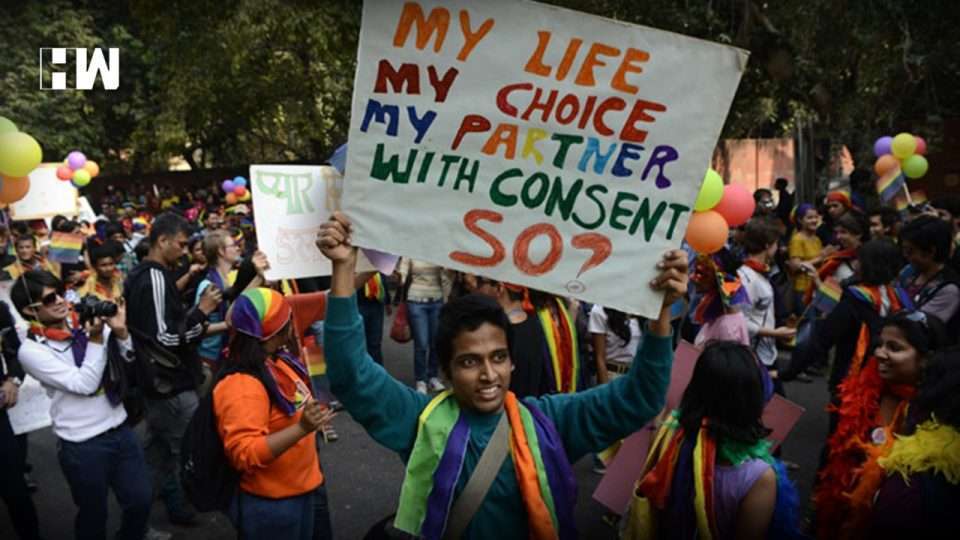The Supreme Court while hearing a clutch of petitions on the constitutional validity of Section 377, observed that there is a deep-rooted trauma involved in the society, which forces the LGBT (lesbian, gay, bisexual, and transgender) community to be in fear.
The court is hearing petitions against Section 377, which says homosexuality is a crime. The petitions are being heard by a five-judge bench led by Chief Justice of India Dipak Misra.
The bench, headed by Chief Justice Dipak Misra and comprising of Justices RF Nariman, AM Khanwilkar, DY Chandrachud and Indu Malhotra, also observed that it is because of the family and societal pressures that members of the LGBT community are forced to marry the opposite sex which leads to bi-sexuality and mental trauma. It added that that the LGBT community feels inhibited to go for medical aid due to prejudices involved against them.
Lawyer Ashok Desai, appearing for one of the petitioners, told the court that “homosexuality is not new to our Indian culture” and that “many countries have accepted homosexuality”.
It was Justice DY Chandrachud who said: “there is deep-rooted trauma involved in the society, which forces the LGBT community to be in fear.”
“It is not human beings alone who indulge in homosexual acts, many animals also show homosexual behaviour; It is not an aberration but a variation,” Justice Indu Malhotra said in court.
Section 377 had been struck down by the Delhi High Court in 2009. The court called it “unconstitutional”. But the judgement was set aside by the Supreme Court in 2013, which said the onus to change the law lay with Parliament.
The Centre had on Wednesday said that it will leave it to the wisdom of the court to decide on the constitutional validity of Section 377 on the issue of criminalising unnatural intercourse between two consenting adults.
As an independent media platform, we do not take advertisements from governments and corporate houses. It is you, our readers, who have supported us on our journey to do honest and unbiased journalism. Please contribute, so that we can continue to do the same in future.

